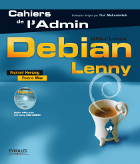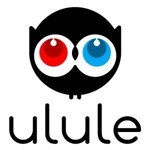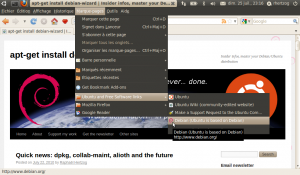 The Flattr FOSS project is quite young so very few free software are currently listed in the dedicated directories. It’s still advocacy time: if there are free software that you’d like to flattr, please tell them and point them to Flattr FOSS.
The Flattr FOSS project is quite young so very few free software are currently listed in the dedicated directories. It’s still advocacy time: if there are free software that you’d like to flattr, please tell them and point them to Flattr FOSS.
It’s too early for any conclusion, but the feedback from users is good and it looks like that people using flattr to support free software are more generous than the average flattr user. You’re great people! 🙂
Anyway, it’s time for me to give a few suggestions of projects to flattr.
- My first recommendation is Project Hamster, it’s a time-tracking application for GNOME but it has come a long way thanks to the work of Toms Bauģis. I use everyday and it rocks.
- My second recommendation is Överallt, it’s a Firefox extension that allows usage of Flattr even in places where it was not designed to be used: forums, mailing list archives, etc. The persons using Flattr just put
[Flattr=20693]in their signature and the Firefox extension automatically replaces this text with a real Flattr button ready to be clicked. Thanks to Paul Da Silva for the nice idea and the first implementation! - My third recommendation is Mustard, it’s a StatusNet client for the Android platform. More concretely you can install it on your Android phone to send updates to identi.ca while traveling. I have no Android phone but Mustard seems to be popular among owners of such phones!
- My fourth recommendation is moreutils from Joey Hess. It’s set of unix (command line) tools that “nobody else thought of writing when unix was young” (according to Joey himself). They are all very useful, I use more or less regularly
isutf8(verify if a file is UTF-8 compliant),combine(logical operations on lines of two files),pee(send standard input to two programs, very useful in git hooks when you want to run two programs that both consume the same data),sponge(ever tried “grep -v foo file >file” and lost your data? now you can use “grep -v foo file | sponge file”). And Joey is a long time Debian developer who has truly shaped Debian, he’s behind several major Debian projects (debconf, debian-installer, debhelper, …). Big kudos to him! - My last recommendation is to flattr Andreas Gohr for his work as dokuwiki lead developer. There’s no flattr button on dokuwiki’s website but you’ll find some in Andreas’ blog, just pick a dokuwiki related article like this one: Dokuwiki Birthday Bughunting Weekend. Dokuwiki is a simple wiki that works without any database (the pages are stored in flat files) and it’s even commonly used to setup simple websites thanks to the numerous themes available.
Okay, that’s it for this month. I’ll try to keep a broad panel of software (desktop, command line, mobile, web, etc.). Since I have promoted a GNOME desktop application, I would like to be able to promote a KDE or XFCE application next month but I did not discover any KDE/XFCE project using Flattr… do you know any? Please share in the comments if you find some.
Also I wonder if you have decided of a flattr strategy… Personally I’m likely to flattr my favorites projects/persons each month and to flattr a few other occasionally as I discover them. What’s your own strategy?
 While I have made good progress on many of my
While I have made good progress on many of my 
